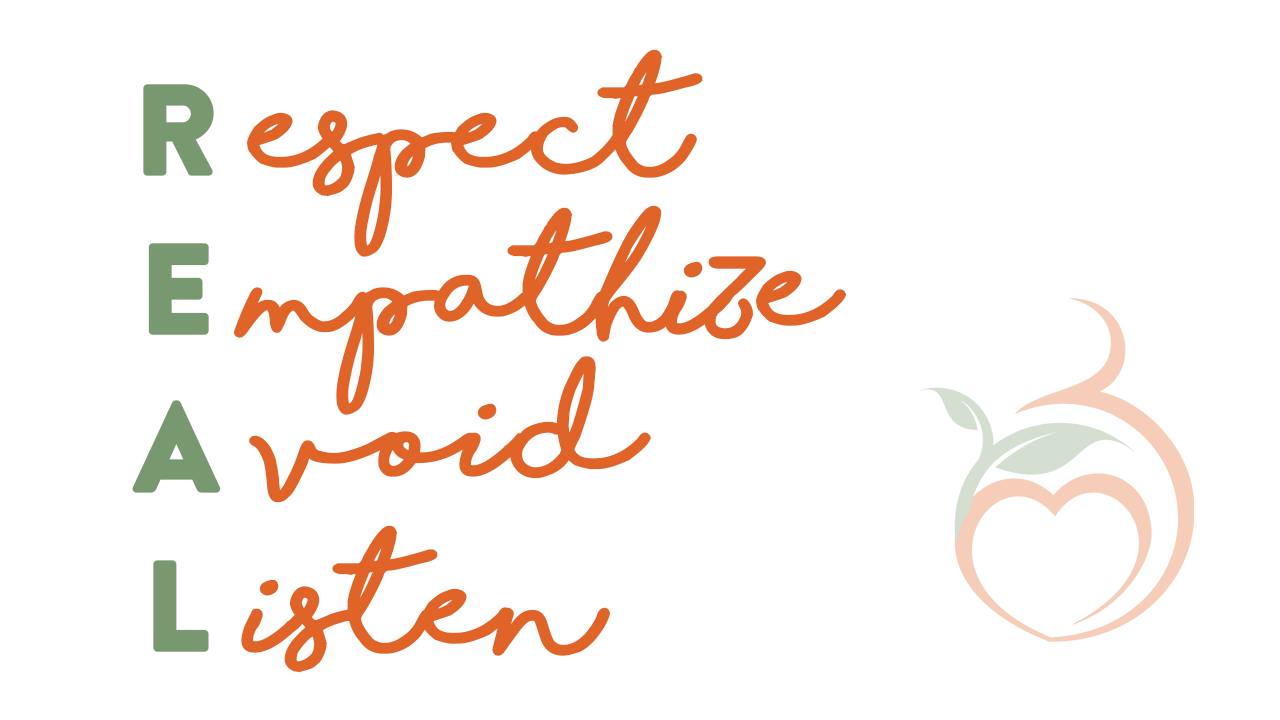How You Can Support Someone Who is Dealing With Infertility

Organic Conceptions is the first organization to research and map the psychological transitions of partners who overcame fertility challenges. We believe the most critical part of dealing with infertility is your relationships. While we focus primarily on the relationship one has with themselves and their partner, this includes the family and friends who want to support the partner trying to conceive.
When a friend confides in you that they are having difficulty trying to conceive, it’s vital to know that being open and transparent with our feelings can be challenging. “It takes courage and vulnerability,” Marc Sherman, our co-founder, said. “But doing so can lead to greater levels of communications, validation, and clarity on your path forward.”
If you have found yourself here, you want to support a loved one who is trying to expand their families. First and foremost, we want to thank you for doing your homework and trusting us with this noble mission. We are proud to help you help them!
Understanding the Impact of Infertility
One thing to understand is fertility struggles can affect your life and relationships in the short term, but it can impact your mental health for years to come. New research from a Cardiff University study revealed that the intense grief, profound sense of loss, isolation, and emptiness partners experience after failed fertility treatments have severe an impact upon mental health as divorce and bereavement. Studies show that men and women facing infertility and those in treatment for infertility are at a higher risk of developing post-traumatic stress disorder (PTSD).
Infertility is considered trauma. The science shows that infertility affects mental health in the short term and after successful pregnancies or after you have stopped trying. Women who have experienced the trauma of infertility are at a higher risk for postpartum depression. The trauma of infertility can have long-lasting effects on your relationships, health, and mental health if left unaddressed.
We share this because if you did not have issues conceiving, we want you to empathize with just how much this can impact a person’s life and overall well-being.
What You Can Do To Be Supportive
Time to get "REAL”:
R – Respect their Journey: Everyone’s path is different. While you may not understand (or even agree) with the path to parenthood, they are taking, as a friend or family member, being supportive that their journey may not be similar to your own is essential.
E – Empathize: Some people aren’t comfortable talking about infertility. If they have opened up to you, let them know you’re available if and when they want to speak. Also, ask them if there’s anything they would like you to do to help.
A – Avoid asking if the person is pregnant yet and avoid offering advice. Trust that when your friend has happy news, they will share it with you without asking. If you did ask and they weren’t successful, it will only make them feel worse. While it’s understandable that you want to offer some words of wisdom, when you’re trying to conceive, you tend to get inundated with suggestions, advice, options, etc. Best leave that to the experts, which brings us to the last letter!
L – Listen: One of the best things you can do is let the person express themselves and listen. You don’t HAVE to say anything but be there, hug them and lend an ear.
All of us at Organic Conceptions believe deeply in our purpose and our program—to help partners realize their dream of parenthood. Many of us have been there ourselves or have seen loved ones struggle with trying to conceive. We understand, and we are here to help.
If you’d like to learn more, we encourage you to read our website, or you can even contact us!
Stay connected with news and updates!
Join our mailing list to receive the latest news and updates from us. Your information will not be shared.
